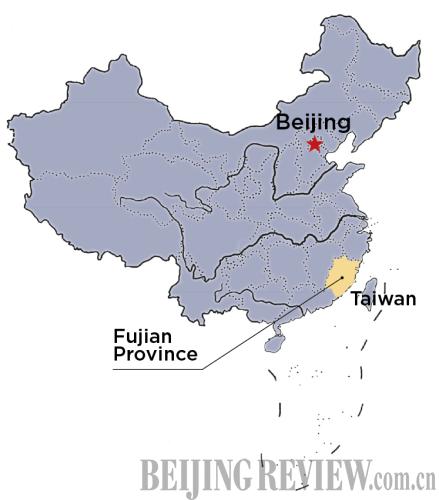|
Cross-Straits Economic Cooperation Framework Agreement
The Economic Cooperation Framework Agreement (ECFA) is a preferential trade agreement between the Chinese mainland and Taiwan that aims to reduce tariffs and commercial barriers between the two sides. The pact, signed on June 29, 2010 in Chongqing and effective on September 12, 2010, has greatly bolstered trade between both sides.
The ECFA decides to take out the first group of commodities for tariff cuts or zero tariff, which is called the Early Harvest Program of ECFA. Under the program, tariff between Taiwan and the mainland will be reduced gradually. Taking the tariff of 2009 as a basis, if at under 5 percent, it was lowered to zero on January 1, 2011; if it's 5-15 percent, it was lowered to 5 percent in 2011 and zero in 2012; if it's above 15 percent, it was lowered to 10 percent in 2011 and 5 percent in 2012, and will be lowered to zero in 2013. Most products included in the program can have zero tariffs as of January 1, 2012.
From 2011 to March 2012, the tariff under the program saved Taiwanese companies about $225 million. In the first quarter of 2012, about $102 million worth of duty cuts were recorded, as more Taiwan goods were entitled to zero tariff from this year under the program. Now, more than 500 Taiwanese goods sold to the mainland are enjoying zero tariffs.
Lower or even zero tariffs tremendously increased the sales volume of some industrial and agricultural products sold to the mainland in the first quarter of 2012.
In the first quarter of 2012, more than 3,300 companies obtained ECFA-related business qualifications. More than half of them had no business affiliation with the mainland.
ECFA has expanded the market share of Taiwanese goods on the Chinese mainland. At the end of March 2012, 257 Taiwanese goods under the program had a market share of over 10 percent on the mainland, among them, 199 had a market share of over 15 percent.
The ECFA has had a profound effect on the labor market in Taiwan, as the growth rate of jobs in sectors related to the Early Harvest Program is stronger than Taiwan's average job growth rate in manufacturing.

Email us at: zhouxiaoyan@bjreview.com | 